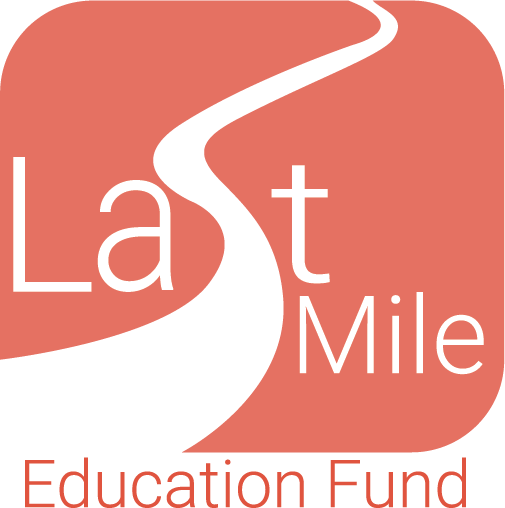Investing in Potential: How Last Mile is Making Research Experiences Accessible for All
My route through higher education came with little institutional supports, so my path is more meandering than the typical PhD student. As a first-generation college student, I wasn’t set on a path to graduate school. Instead, faculty members helped me build opportunities to experience the rigor and research expected of graduate students. They essentially helped me create my own Research Experiences for Undergrads (REU), albeit post-undergraduate. Without this support I would not have the personal and professional experience to get into a PhD program, much less at a school as prestigious as the University of Chicago.
Getting a PhD is a full-time job. It can take anywhere from five to eight years and the admissions committee is looking for evidence in transcripts and essays that candidates can make it through (nearly half of all admitted PhD students don’t end up completing). Universities invest a lot of time, energy, and money into PhD students, so they’re often looking for ‘proof’ that a candidate will be a good investment.
Research experiences for undergrads (REUs) are part of this proof. They provide valuable experience assisting with a large-scale research project, and introduce students to what graduate-level research can look like. For college students who are less culturally or personally tapped into academia, this preview can be the difference between seeing a PhD in your future or not. For these reasons, Last Mile is working to make REUs accessible to all students through dedicated funding.
“Without this Fellowship, I would not have been able to participate in the REU. Instead, I would have been waitressing at a restaurant in order to fulfill financial responsibilities that I have at home and for the upcoming academic year of my undergrad. This fellowship has allowed me to fully commit to the REU and focus on advancing my career.”
Low socioeconomic status students, like I once was, often disproportionately attend lower-resourced institutions with reduced advising capacity and are less able to participate in extracurricular clubs, events, and career-building opportunities because they must prioritize income-earning activities. Likewise, financially vulnerable computing students are less able to explore and consider computing research experiences and pathways because the opportunity cost of giving up a high-paying industry internship (or even a service job) is too great.
The best compensated REUs typically provide students with a summer stipend of $5000-8000. In major cities, this stipend is insufficient to cover travel and housing for the summer, leaving little for food and other expenses, let alone savings towards larger educational obligations like tuition and expenses for the upcoming academic year. For this reason, many financially vulnerable must choose industry internships or other more lucrative income opportunities over experiences with research and roles in academia.
We want financially vulnerable students to have the same shot at academic and research careers as their more financially stable peers. Research opportunities need to offer compensation that is commensurate with the other options available to them – namely, retail and hourly wage jobs.
Summary Table
A summary table listing median 3-month REU Stipend and salary total amount and compared with average total tech internship stipends.
It’s with this blog post that I’d like to formally announce Last Mile Education Fund’s supplemental support for undergraduate students pursuing REUs. With this fund, we will supplement the salary offered to financially vulnerable students pursuing REUs and ensure they end their summers with a total earned amount of $10,000 – an amount that will exceed what they would expect to make in a ‘typical’ summer job. This allows students to see REUs as a true opportunity, rather than one in competition with their financial needs. With this fund, we will be able to support approximately 20 students to pursue computing research without being burdened by the real-world cost-benefit sacrifice REUs often require.
If you’re a student reading this: please apply! Consider this your invitation to explore and experiment for a summer knowing you’ll be financially compensated for it. Explore the directory of REU sites for details on applying to a specific research experience (and once you are in, apply to Last Mile for supplementary funding.)
If you’re a professor reading this: share this resource with your students! By making sure this option is widely publicized, we can work to support those who see the lower funding model of an REU as a hurdle they can’t jump. See our Outreach Toolkit for plug and play resources and sign up for our newsletter to stay informed on funding opportunities as they become available.
If you’re a university or faculty member budgeting out your upcoming REU plans reading this: consider financially vulnerable students in your budgeting. Not every student has a safety net or financial support system that allows them to take advantage of opportunities with low-to-no compensation. NSF now recommends students earn at minimum $10,000 when participating in REUs. When summer research stipends fall below that of hourly wage employment, many students are unable to see them as financially viable.


